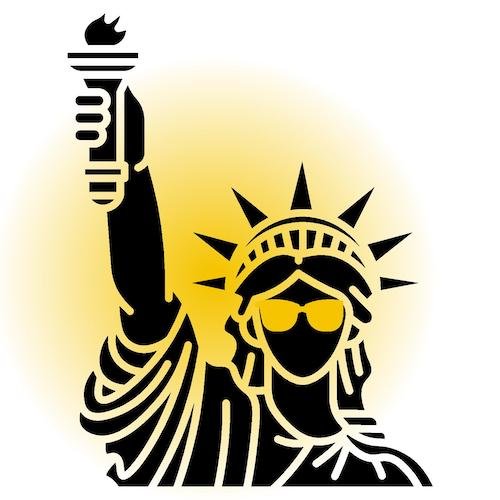In libertarian economics, the role of government regulation is a topic of significant debate and analysis. Libertarians generally advocate for minimal government intervention, arguing that it enhances economic freedom and efficiency. This article delves into the libertarian perspective on government regulation, examining how it aligns with the principles of a free market and the challenges it poses to individual liberties and market dynamics.
Libertarian Principles and Government Regulation
Libertarianism, as a philosophy, hinges on the idea of maximizing individual freedom, including economic freedom. This principle naturally extends to a skepticism of government regulation, which is often viewed as an impediment to free market operations. Libertarians argue that regulation should be limited to only what is absolutely necessary to protect individual rights and ensure fair play.
The key libertarian argument against extensive regulation is that it not only restricts individual and business freedom but also can lead to inefficiencies in the market. Over-regulation, they contend, stifles innovation and entrepreneurship, as it places burdensome constraints on businesses and economic activities.
The Minimalist Approach to Regulation
In a libertarian economy, the approach to regulation is minimalist. Regulations, if implemented, are primarily focused on protecting property rights, enforcing contracts, and preventing fraud. These are seen as the basic functions necessary to maintain a fair and functioning market.
The libertarian approach posits that beyond these basic functions, the market should be left to regulate itself. This includes allowing businesses and consumers to determine prices, wages, and the quality of goods and services without government interference. The belief is that the free market, driven by supply and demand, is the best regulator of economic activities.
The Case Against Over-Regulation
Libertarians are vocal critics of over-regulation, arguing that it leads to a host of negative economic consequences. They cite instances where over-regulation has resulted in reduced competition, market inefficiencies, and hindered innovation. A common example cited is the impact of excessive regulations on small businesses, which can struggle to comply with complex legal requirements.
Furthermore, libertarians argue that over-regulation can lead to unintended consequences, such as the creation of monopolies and black markets. They advocate for a regulatory environment that allows the market to correct itself, believing that this leads to more efficient and beneficial outcomes for both businesses and consumers.
Balancing Regulation and Freedom
The challenge in a libertarian economy is finding the right balance between necessary regulation and maximum economic freedom. While libertarians largely view regulation with skepticism, they acknowledge that some level of oversight is essential to prevent market failures, protect consumers, and preserve the environment.
The key, from a libertarian viewpoint, is to implement regulations that are targeted, clear, and enforceable without being overly burdensome. This approach aims to minimize government intrusion while ensuring that the market operates efficiently and fairly. Libertarians often advocate for regulatory measures that are reactive rather than proactive, stepping in only when clear harm or injustice has occurred.
Critiques and Libertarian Responses
The libertarian stance on minimal government regulation faces various critiques. Some argue that without sufficient regulation, businesses may engage in unethical practices, environmental damage, or create unsafe working conditions. Critics also point out that a lack of regulation could lead to monopolies or oligopolies that dominate the market and stifle competition.
In response, libertarians argue that the market itself, along with private entities and consumer choice, often provides sufficient checks and balances. They contend that competitive pressures and the reputation mechanism in a free market incentivize businesses to act ethically and responsibly. Furthermore, they suggest that many issues attributed to market failures are often the result of existing government interventions.
Conclusion
The role of government regulation in a libertarian economy is a nuanced and complex issue. While the libertarian ethos leans towards minimal intervention, there is an understanding that some regulation is necessary to maintain a fair and functional market. The emphasis is on ensuring that regulations are sensible, targeted, and do not impede economic freedom and innovation.
Understanding the libertarian perspective on regulation is crucial for anyone interested in economic policy and the debates surrounding market freedom. It offers a unique viewpoint on the role of government in the economy, highlighting the importance of striking a balance between protecting consumers and allowing the free market to flourish.
In conclusion, while libertarians advocate for minimal government regulation, they recognize the need for a regulatory framework that supports a healthy, efficient, and fair market. This balanced approach is key to fostering an economic environment where innovation thrives and individual freedoms are respected.




